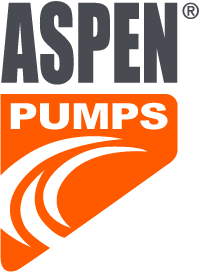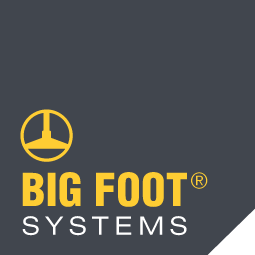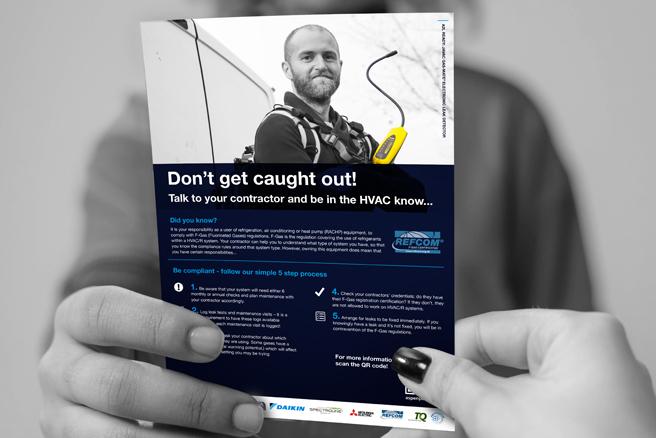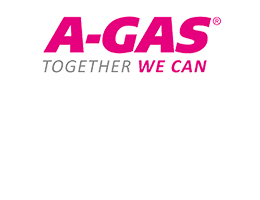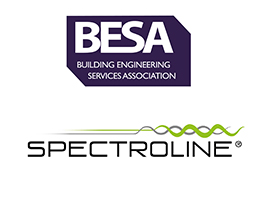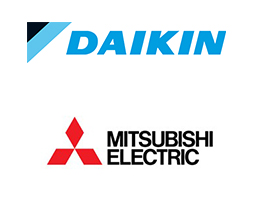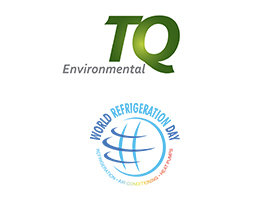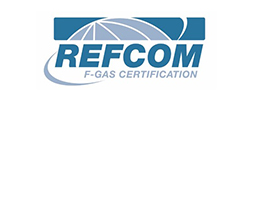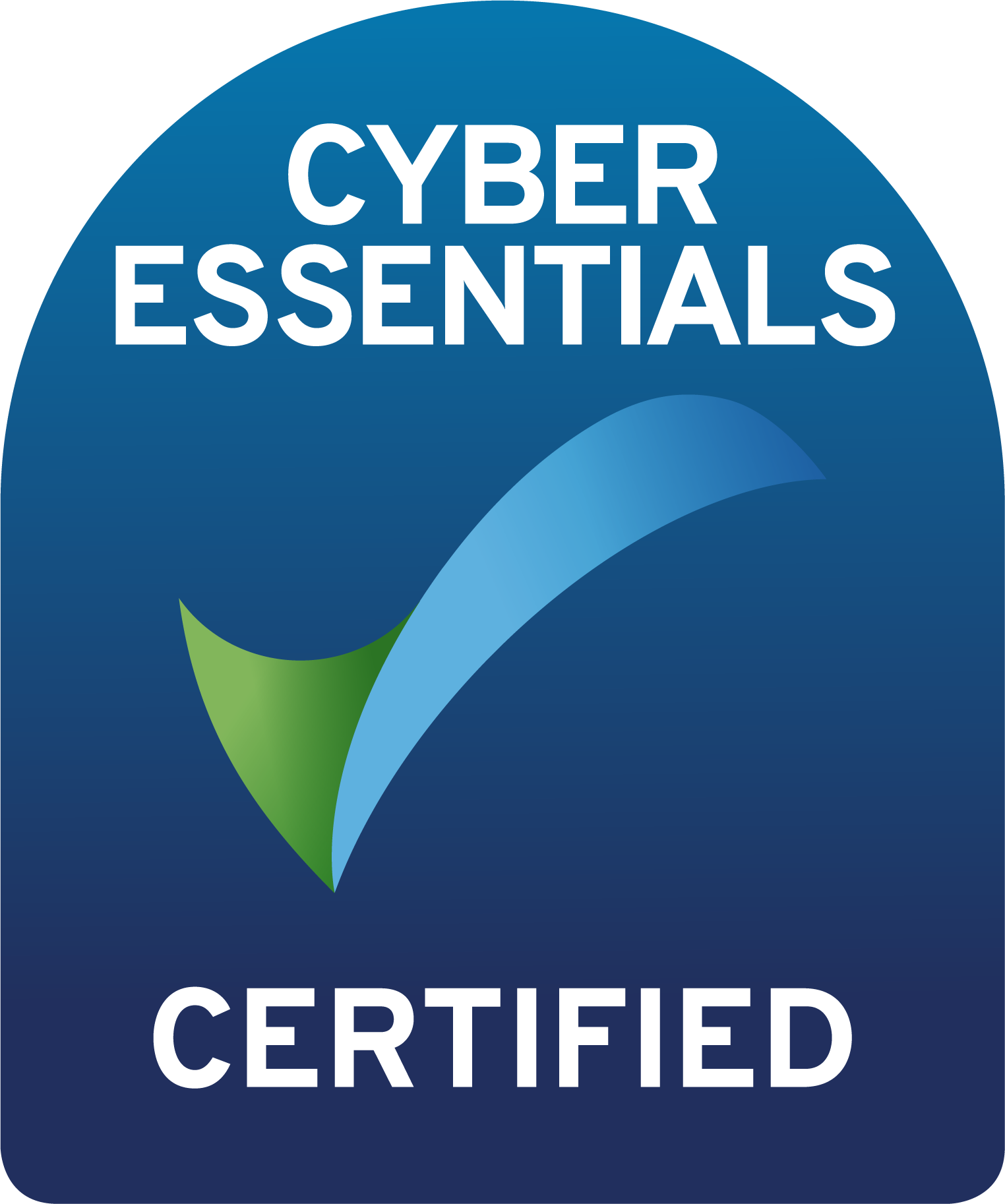
Leak Detection… So what are the rules?
HVAC/R Engineers are some of the most highly skilled trades people in the world. And as with any profession, you need to keep on top of ever-changing regulations, training and compliances. Thankfully the internet is full of useful content available for Engineers relating to F-Gas renewals courses, product training and CPD and we have put together some links which will take you to the appropriate places, plus a handy guide relating to leak checking and regulations.
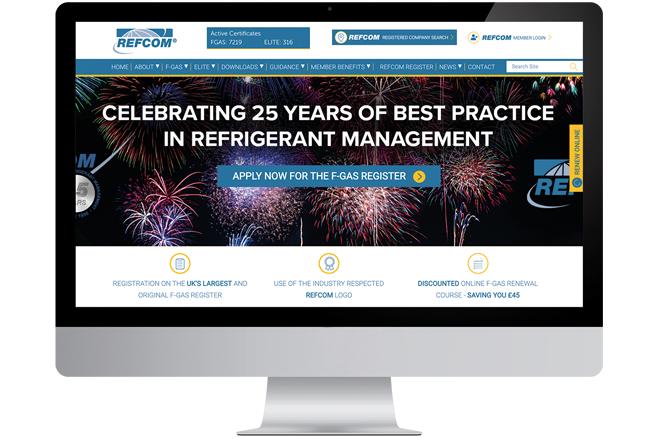
Staying ahead of the game
Working with water, electricity and gas – this industry is full of talented and knowledgeable people, all of whom work with this mix of elements every day. All Engineers are required to have F-Gas certification, which stands them in good stead whilst also learning on the tools, meaning that they have the knowledge to be able to do professional installation and maintenance of HVAC/R systems.
Due to the intricacy of the work within the sector, it is therefore surprising that it is in fact, one of the most unregulated trades. Training through trade bodies and manufacturers is available for Continued Professional Development, but is not required as part of the role. In some cases HVAC/R systems will not be checked on, or maintained regularly as again, there is no current legislation denoting the policing of system efficiency following installation or maintenance.
Interestingly as well, the current F-Gas regulations were originally designed for environmental reasons and do not cover flammable gases – something which will soon be on everyone’s lips in the industry.

